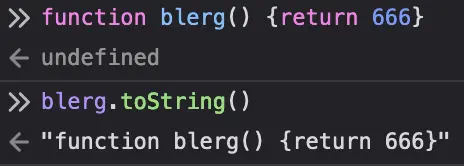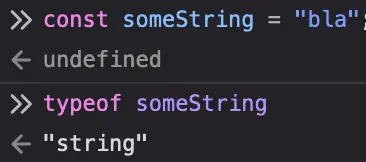- 89 Posts
- 376 Comments
NUMBER GO UP 📈
Pretty much everything that’s not totally inert produces heat, but the point (they claim!) is that these newfangled doodads don’t generate power using that heat.
So far we’ve mainly been generating power with more and more ingenious ways of heating up water.
Ah, it happens.
One time when I was still with my ex partner I meant to text them “hey remember to buy some salt from the store” and I accidentally typed “you motherfucker you’ve ruined my life” instead
On a semi-related note, I was actually radioactive for a few days once, after I got my thyroid nuked.
What was cool was that it turned out that regular 'ol camera CCDs (like the one in your cell phone) can detect alpha particles, so I naturally pressed my phone to my neck in a dark room and got this video. Those tiny white “flashes” you see are actually all alpha particles (video in a spoiler block so it doesn’t take up half the screen at least on lemmy-ui):
video
I verified it by taking more video with the phone away from my body – no flashes!
Shutting it does shut you out though, at least until you unshut it.

 19·13 days ago
19·13 days agoUrr, I don’t think that’s it. I’m not sure stereo sound for vinyls has ever worked so that something like this would be necessary, and it wouldn’t really make sense – why would they have to put vocals on one channel and instruments on the other?
A stereo vinyl player just has the needle moving up and down in addition to left and right, so that the left-right axis is the sum of the waveforms of both channels and the up-down axis is the difference – which means that a regular mono player can play stereo vinyls

 21·17 days ago
21·17 days agoIf OP’s not from the US, turkey might not be an option – it’s not very common in a lot of places here in Europe for example.
Might be an option to just buy cat food (after they recover from their injury) and hide it in their room if the stepmom is that controlling

 31·17 days ago
31·17 days agoGah, honestly I’m not surprised at all she’s like that, she sounds exactly like the type.

 151·17 days ago
151·17 days agoHoly crap, that’s sounds outright abusive

 5·20 days ago
5·20 days agoMore of a tragicomedy, really
Where’s your sense of adventure?!
Calling
reverse()on a function should return its inverse
You’re no fun
"E".reverse() == "∃"
I dint know many OO languages that don’t have a useless toString on string types.
Well, that’s just going to be one of those “it is what it is” things in an OO language if your base class has a
toString()-equivalent. Sure, it’s probably useless for a string, but if everything’s an object and inherits from some top-levelObjectclass with atoString()method, then you’re going to get atoString()method in strings too. You’re going to get atoString()in everything; in JS even functions have atoString()(the output of which depends on the implementation):
In a dynamically typed language, if you know that everything can be turned into a string with
toString()(or the like), then you can just call that method on any value you have and not have to worry about whether it’ll hurl at runtime because eg.Strings don’t have atoStringbecause it’d technically be useless.

Everything that’s an
Objectis going to either inheritObject.prototype.toString()(mdn) or provide its own implementation. Like I said in another comment, even functions have atoString()because they’re also objects.A
Stringis anObject, so it’s going to have atoString()method. It doesn’t inheritObject’s implementation, but provides one that’s sort of a no-op / identity function but not quite.So, the thing is that when you say
const someString = "test string", you’re not actually creating a newStringobject instance and assigning it tosomeString, you’re creating astring(lowercases!) primitive and assigning it tosomeString:
Compare this with creating a
new String("bla"):
In Javascript, primitives don’t actually have any properties or methods, so when you call
someString.toString()(or call any other method or access any property onsomeString), what happens is thatsomeStringis coerced into aStringinstance, and thentoString()is called on that. Essentially it’s like goingnew String(someString).toString().Now, what
String.prototype.toString()(mdn) does is it returns the underlyingstringprimitive and not theStringinstance itself:
Why? Fuckin beats me, I honestly can’t remember what the point of returning the primitive instead of the
Stringinstance is because I haven’t been elbow-deep in Javascript in years, but regardless this is whatString’stoString()does. Probably has something to do with coercion logic.

 1·24 days ago
1·24 days agoWasn’t there something about a US supermarket chain looking into something similar too? I vaguely remember running into a post on Lemmy
Edit: huh, turns out that a Norwegian chain has been doing “dynamic pricing” for 12 years already, according to this NPR piece


Yeah I personally took it as a weird meme and not a real ad